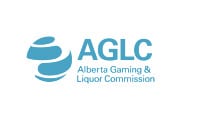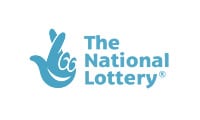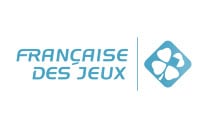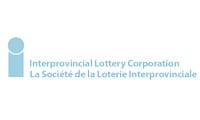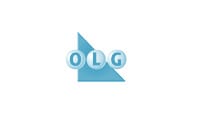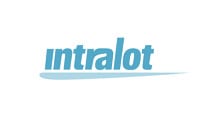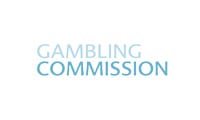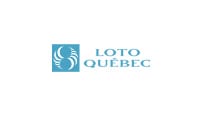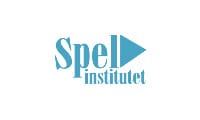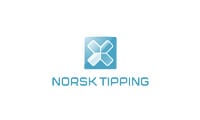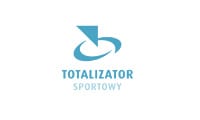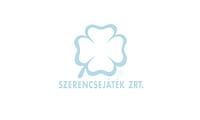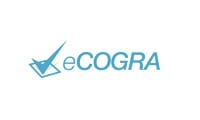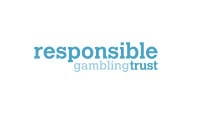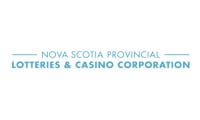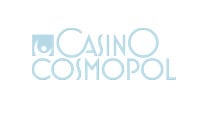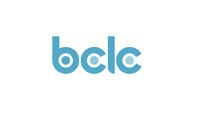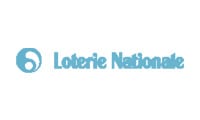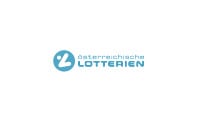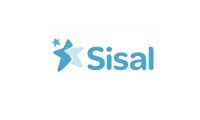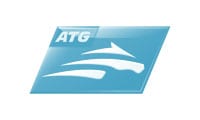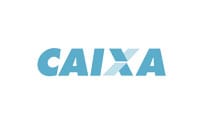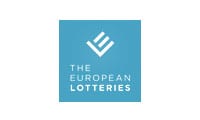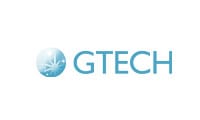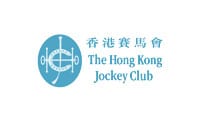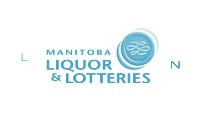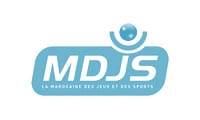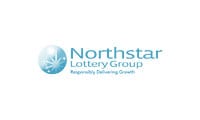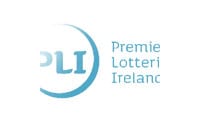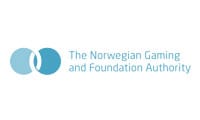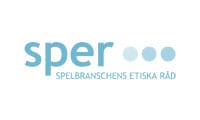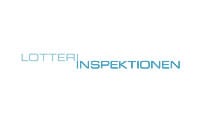Overview of the PPS and key findings from the Canadian national study
Find out more about the Positive Plays Scale (PPS) and why it is so useful for optimizing responsible gambling (RG) strategy. Also, read about the key findings from our Canada wide PPS study that tested players in every province and established a national baseline for measuring RG amongst Canadian players.
The Positive Play Scale (PPS): Defining and measuring responsible gambling behaviour
Dr Richard Wood (GamRes Limited), Dr Michael Wohl and Dr Nassim Tabri (both Carleton University) together with Dr Kahlil Philander (BCLC), recently developed the Positive Play Scale (PPS), the first ever psychometric tool designed to measure the overall level of responsible gambling beliefs and behaviour evident in player populations.
Utilising a sample of BCLC players (N = 1,551), a principal components analysis revealed the emergence of a 14 item scale with four sub-scales: Honesty and Control, Pre-commitment, Personal Responsibility and Gambling Literacy. The component structure of the PPS and the reliability of the scale was assessed and confirmed.
The benefits and utility of the PPS for measuring responsible gambling (RG) amongst players are as follows:
• The PPS is aimed at improving positive experiences rather than issuing negative warnings about problem gambling (PG) consequences, which many players deem personally irrelevant.
• Allows the RG beliefs and behaviour of all players to be examined in a standardised manner. Previous attempts to measure overall levels of RG have tended to use PG screens that only focus on a small minority of non-typical players.
• Helps optimise RG strategy by identifying key strengths and areas for targeted improvement.
• Segments RG by player type, allowing for different approaches to be taken with different players (e.g., by games played, ages, sex etc.).
• Identifies potential concerns at a much earlier stage than PG screens, thereby helping to avoid minor incidents from becoming bigger problems.
• Makes benchmarking of RG possible within a player population, so that comparisons can be made over time to monitor and improve effectiveness and progress.
Effectiveness of Gamgard confirmed by University of Ottawa evaluation study
A third-party evaluation of Gamgard, was conducted by Professor Emeritus J. Bradley Cousins, an internationally renowned evaluation specialist at the University of Ottawa’s Centre for Research on Educational and Community Services (www.crecs.uottawa.ca ).
Conclusions:
• There was good evidence that Gamgard is meeting its objectives at the level of developers, operators, and regulators.
• Gamgard has been overtly integrated into company social responsibility protocols worldwide. Essentially, Gamgard assessments play an RG assurance role being seen as an early detection mechanism (i.e., one source of information that is used in conjunction with other SR strategies).
• There is widespread agreement among the game developers/operators and regulators interviewed that Gamgard is highly credible and grounded in science-based evidence. This observation was corroborated by close examination of the sophisticated and thorough processes that were used to develop and periodically update the tool.
• External validity of the tool was evaluated by comparing Gamgard risk ratings with game types reported as most and least problematic in a number of published treatment service provider reports. Games that were scored as high-risk by Gamgard were found to be those games most often reported as problematic by problem gamblers seeking treatment.
Defining and measuring responsible gambling behaviour: Developing the Positive Play Index.
(In Progress) GamRes is working with the British Columbia Lottery Corporation to develop the first ever scale for measuring the responsible gambling behaviour and beliefs of players, what we term Positive Play. The scale will allow gaming companies to establish a baseline for positive play amongst their player base, identify strengths and weakness of their RG strategy, as well as differences in positive play according to player segment (e.g., men and women, age groups, types of game played etc.). Using the scale, subsequent RG initiatives can be quantitatively evaluated in a standardised manner and the impact of RG initiatives can be assessed over time and in relation to the entire player base (i.e. not just in relation to problem gambling). In this way, RG strategy can be optimised by identifying what works best and what is least effective, as well as tailoring RG to the needs of different players.
Evaluating the effectiveness of Playscan as a tool to aid responsible gambling and minimize problematic gambling behaviours.
GamRes undertook a comprehensive evaluation of the Playscan responsible gambling tool owned by the Swedish gaming operator Svenska Spel. Our review analysed behavioural data that compared the behaviour of players who used Playscan with a matched group of players who did not use Playscan. Results showed that players defined by Playscan as ‘at-risk’ showed significant decreases in risky gambling behaviour over time. Players who used Playscan, reported that they felt better informed about their playing behaviour and showed significantly higher levels of responsible gambling literacy after using the tool for 12 weeks, than players who did not use Playscan. We were also able to make recommendations on how to improve the performance and feedback of Playscan.“The excellent research/consultancy services of GamRes and the rich experiences by Dr Richard Wood helped us answer the question: what effect does Playscan have on player behavior? GamRes pointed out observed impacts that helped us to prepare our next performance.” (Katja Männer: Playscan)
Understanding Positive Play: An exploration of non-problematic playing experiences and practices, including implications for promoting responsible gambling.
GamRes worked with Camelot the operators of the UK National Lottery to undertake an innovative study looking at the playing habits and responsible gambling strategies of non-problematic players. Semi-structured interviews and a survey of 1484 players helped to define what positive play looked like. Positive player were more likely than PGs to engage with a wide range of responsible gaming strategies. Positive players who played the most, used RG strategies more often than less frequent players. Two distinct groups of positive players were identified Responsible Thrill Seekers and Casual Dreamers. Most positive players reported that they found it easier to stick to their spend limits when purchasing lottery tickets via the Internet compared to purchasing from a retailer. A number of recommendations were provided as to how the findings could be used to improve player engagement with RG
The Responsible Gambling Knowledge Centre (RGKC): A tool for optimizing Responsible Gambling strategy.
GamRes worked with the Nova Scotia Gaming Corporation (Now Nova Scotia Provincial Lotteries and Casino Corporation) to identify the most and least appropriate RG features for specific games in particular gaming environments. After scoping all available RG features world-wide, two taxonomies were developed. The first taxonomy categorized RG features according to their type (e.g., limit setting, information feedback etc.) and the second categorized game type according to the structural characteristics of the games and the platform on which they can be played (e.g., online, casino etc.). The study then employed the Delphi Technique to identify a consensus of suitability of RG features for game types from a panel comprising: 22 leading RG experts from seven different countries, 19 treatment providers and 20 individuals who had recovered form a gambling problem. The study identified the essential characteristics required for a particular RG feature to be considered effective, and in doing so showed how some RG features can reduce the risk of that vulnerable players may develop gambling problems in relation to certain game types. The RGKC helps to streamline and standardize the application of RG initiatives for specific game types and platforms and optimizes RG strategy. The RGKC also provides a check-list for developing RG features by ensuring that they consider the essential requirements for success and it identifies appropriate areas for RG investment.
CLIENTS WE'VE WORKED WITH
